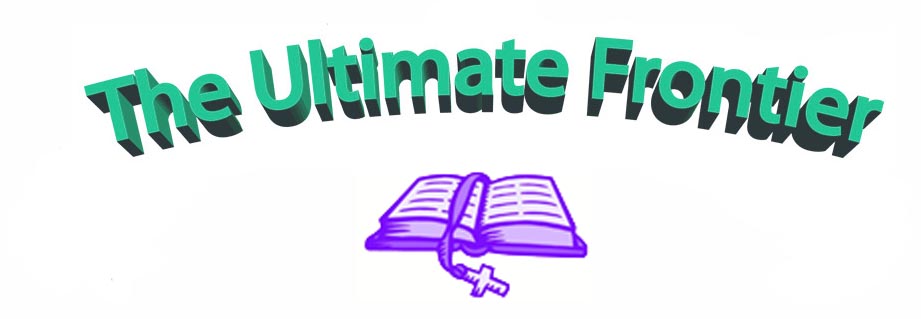|
|
||
|
|
Learning to Forgive Ourselves Richard
said that the techniques are available to overcome the subconscious causes of
personality disturbances. The most important step is to learn to be forgiving
of ourselves. When Christ said that someone was forgiven, He meant that no
one would condemn that individual for what he had done—that the individual
should not think himself forever barred from advancement because of his wrong
actions. Not feeling condemned, the individual could then feel free to
undertake retribution and make the effort to again move forward. Many
persons, unfortunately, continually condemn themselves for things done at a
time when they had less understanding and thus made foolish mistakes. What
has been done cannot be undone. Since everyone has committed undesirable
deeds at sometime in his past, either in this or a prior life, people
eventually have to learn to be more humble and tolerant of themselves and
face up to their total self. Otherwise personal progress is delayed. When
an individual reaches the point where he can be forgiving of himself, then it
is possible to dredge up the contents of the subconscious for examination
without encountering the mental barrier that would otherwise be present.
Psychologists can help uncover these memories so that they can be dealt with
on a conscious level. Another way is through conducting a personal
retrospection project during which one searches back through his memory to
uncover the suppressed painful situations that have caused present problems.
Often it is found that a situation which was totally embarrassing at the age
of ten can now be recalled, faced and recognized as not being worthy of
further concern. Persons
who have managed to eliminate the subconscious barrier are characterized by
their wisdom and kindness, for they have few “hang ups” or misconceptions
about themselves. Richard admitted that the task is not easy for anyone, but
having full use of the faculties of the mind is essential for truly free and
happy living. (03-1969) |
|
|
|
|
|
